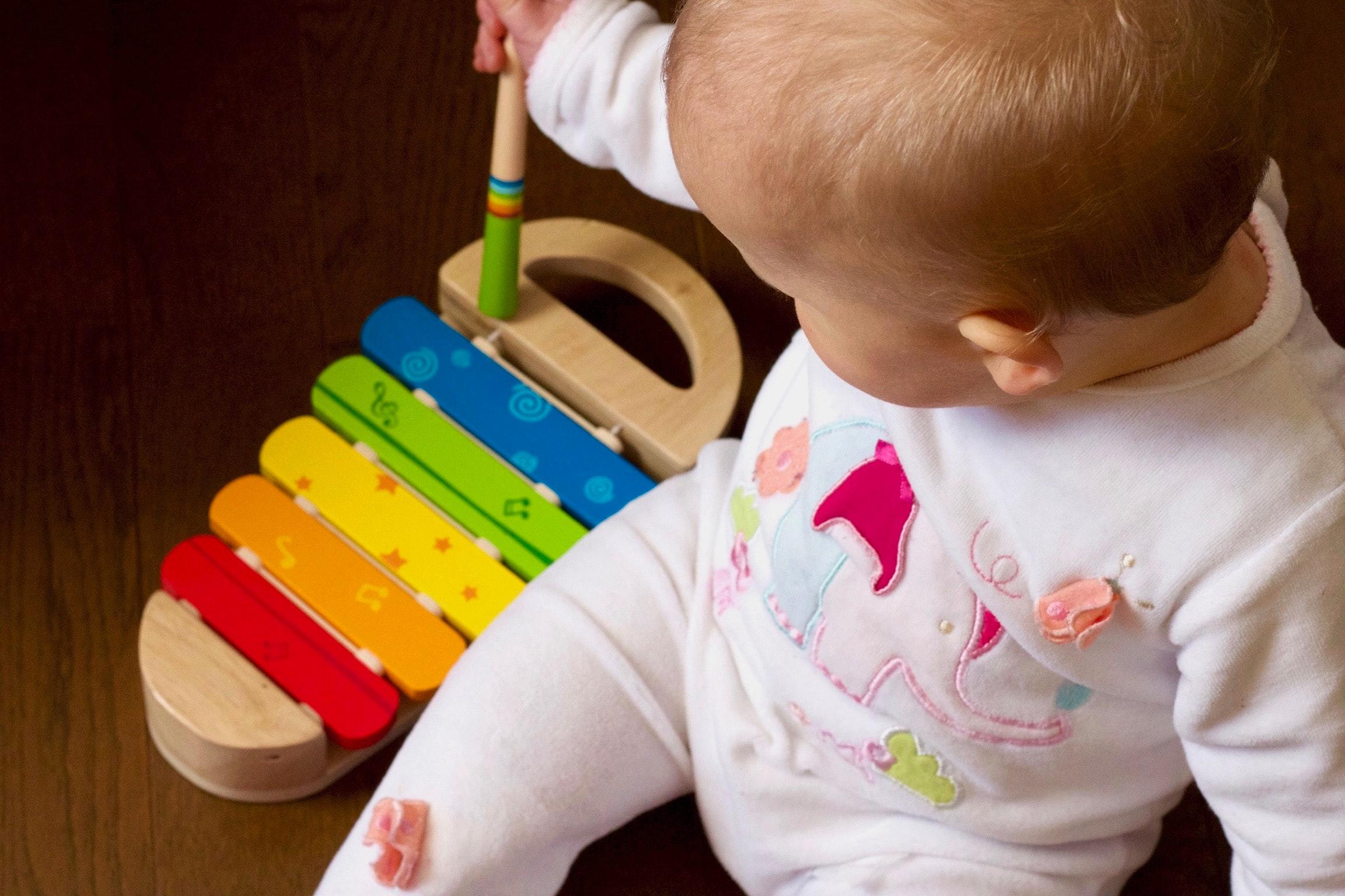- Home
- »Articles
- »Baby
- »Baby Sensory
- »Baby Sensory - Frequently Asked Questions



Baby Sensory - Frequently Asked Questions
29 January 2023
Sensory play is a great way to help promote your baby's development. It can help with everything from sensory processing and motor skills to language development and social interaction. But it can be confusing to know where to start, what activities to try, and how often to do them. Here are five frequently asked questions about baby sensory play.
What is Baby Sensory Play and Why is it Important?
Baby sensory play is critical for your baby's development. It helps them learn about the world around them and develop important skills. Through exploration and discovery, babies learn about cause and effect, trial and error, and so much more. And, it's not just about building cognitive skills. Sensory play also helps babies develop emotionally and socially. It provides a chance to explore their feelings, build self-confidence, and learn to interact with others. So don't underestimate the power of sensory play. It's a crucial part of your baby's development and well worth your time and energy.
What are the Benefits of Sensory Play for Babies?
Sensory play helps babies to develop their fine motor skills and improve their hand-eye coordination. It also supports language development and cognitive growth. In addition, sensory play can help to reduce stress and promote relaxation. It's also a great way to bond with your baby and have some fun together.
How do I get Started with Sensory Play for my Baby?
There are two great ways to get started: by joining a class or by doing it at home. Both have their own benefits. Classes provide a great opportunity for social interaction and learning from a qualified instructor. However, they can also be pricey and may not be available in all areas. At-home sensory play is a great way to bond with your baby and doesn't require any special equipment or training.
What are Some Easy and Fun Activities for Baby Sensory Play?
If you're looking for ways to engage your baby's senses and encourage their development, sensory play is a great place to start. From exploring different textures to making exciting sounds, there are lots of ways to stimulate your baby's senses through play. Here are a few ideas to get you started:
Textures: One easy way to start sensory play is by offering different textures for your baby to explore. Try letting them feel different fabrics, smooth stones, or crinkly paper. You can also offer different foods with different textures, like mashed potatoes or ripe fruit.
Sounds: Put on some music or make some noise! Clapping your hands, banging on a drum, or even just blowing bubbles can all be fun ways to engage your baby's sense of hearing. Find out more about music and sensory development here.
Movement: Getting your baby moving is also a great way to stimulate their senses. Try gentle rocking, bouncing, or even just moving around the room. You can also try waving brightly coloured toys in front of them or hanging mobiles above their cot.
Take a look at our top 5 baby sensory activities to do at home for more inspiration.
By engaging your baby's senses through play, you're helping them learn about the world around them and fostering their cognitive development.
How Often Should I Do Baby Sensory Activities?
As often as you like! There's no need to overdo it. Just a few minutes a day of sensory play can be beneficial for your baby. Remember, the most important thing is to have fun and bond with your baby. So don't worry if things aren't perfect or if your baby doesn't seem interested at first. Just keep trying and they'll be sure to enjoy it in no time.
Sensory play is an important part of your baby's development. It helps them learn about the world around them, build important skills, and bond with you. There are lots of easy and fun ways to do sensory play at home, and you can do it as often as you like.
Photo by Jelleke Vanooteghem on Unsplash
